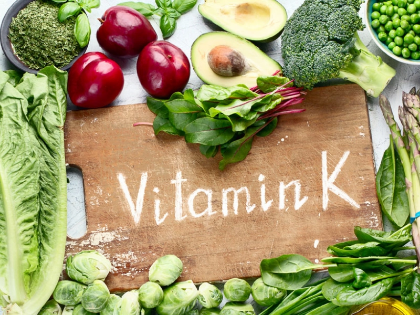Nuts' Adaptability to Healthy Baking and Cooking
Nutty pastries from Middle Eastern cuisine, such as the Financier cakes of France, are praised globally for their nutrient-dense flavour. They complement vegetarian and vegan diets nicely and are a mainstay in many baked items. To add crunch to many meals, nuts can be toasted in a skillet and then crushed into flour. These are some of our best recipes using nuts.
Walnuts
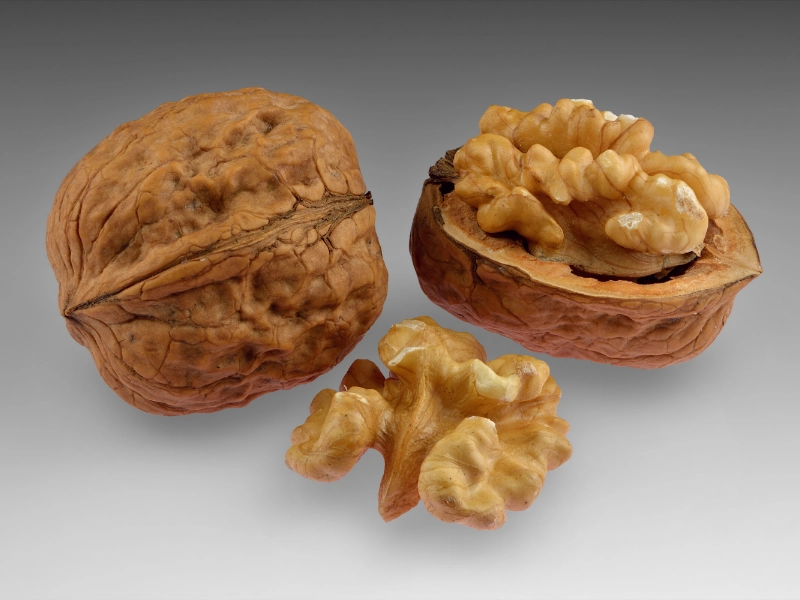
Pistachios
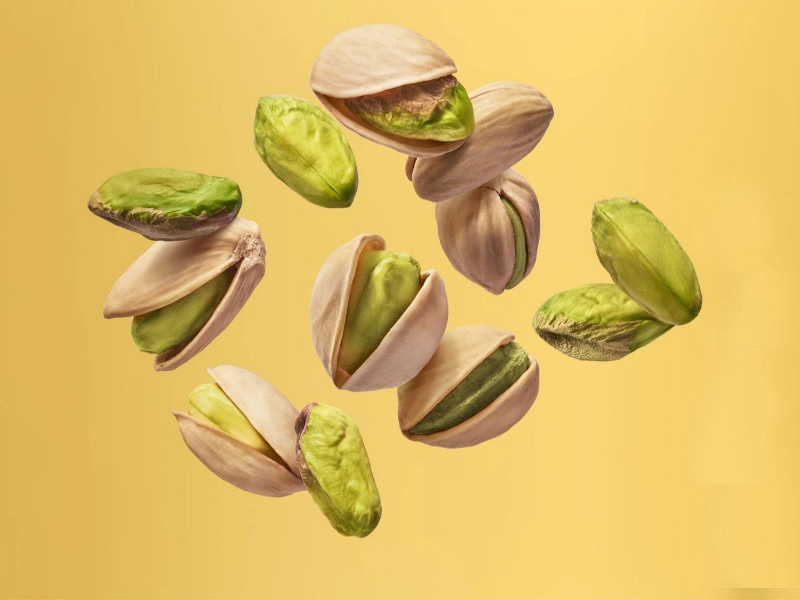 A tasty and adaptable nut, pistachios can be eaten as a snack or added to salads and baked products. Pistachios are also a great source of fibre, protein, and good fats. They also include antioxidants that support eye health, zeaxanthin, and lutein.
Most stores have these nuts in the baking or snacking sections, and they are available year-round. When buying pistachios, search for shelled kinds with only one end opening and ivory-coloured shells. They ought to be flawless and velvety to the touch. When properly stored, they can be kept for up to three months in the pantry and five months in the refrigerator.
Pistachio consumption has been linked to lowered blood pressure and cholesterol, which lowers the risk of heart disease, according to research. They are also a strong source of vitamin B6, which is important for cognitive and protein metabolism.
A tasty and adaptable nut, pistachios can be eaten as a snack or added to salads and baked products. Pistachios are also a great source of fibre, protein, and good fats. They also include antioxidants that support eye health, zeaxanthin, and lutein.
Most stores have these nuts in the baking or snacking sections, and they are available year-round. When buying pistachios, search for shelled kinds with only one end opening and ivory-coloured shells. They ought to be flawless and velvety to the touch. When properly stored, they can be kept for up to three months in the pantry and five months in the refrigerator.
Pistachio consumption has been linked to lowered blood pressure and cholesterol, which lowers the risk of heart disease, according to research. They are also a strong source of vitamin B6, which is important for cognitive and protein metabolism.
Almonds
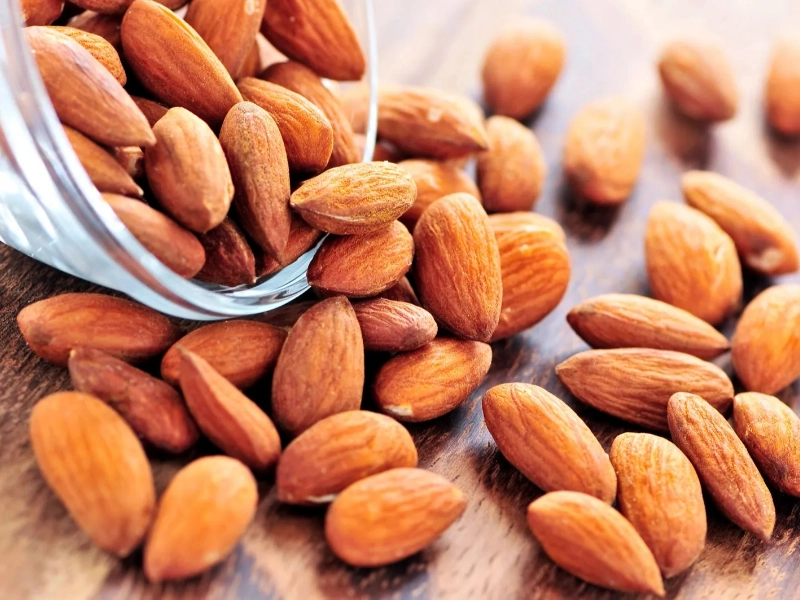 Almonds are a highly adaptable dietary option that are packed with protein and healthy fats. You may use them in baking and cooking, or sprinkle them over your morning yoghurt or salads. Additionally rich in fibre, magnesium, and vitamin E are almonds. Avoid selecting salted or flavoured almonds (such as those made with sugar, salt, or oils), as these can increase inflammation, blood pressure, and cholesterol.
Almond flour may be a great addition to healthy meals and desserts, both in baking and cooking. This flour works well for traditional almond tart recipes like the Bakewell Tart, but it may also be used for other baked products like nut-free muffins or scones. Almonds can also be chopped or sliced and added to beverages like iced tea and smoothies. Rich in minerals and vitamins that satisfy hunger, almonds are an excellent source of calcium, zinc, magnesium, iron, riboflavin, vitamin E, and protein.
Almonds are a highly adaptable dietary option that are packed with protein and healthy fats. You may use them in baking and cooking, or sprinkle them over your morning yoghurt or salads. Additionally rich in fibre, magnesium, and vitamin E are almonds. Avoid selecting salted or flavoured almonds (such as those made with sugar, salt, or oils), as these can increase inflammation, blood pressure, and cholesterol.
Almond flour may be a great addition to healthy meals and desserts, both in baking and cooking. This flour works well for traditional almond tart recipes like the Bakewell Tart, but it may also be used for other baked products like nut-free muffins or scones. Almonds can also be chopped or sliced and added to beverages like iced tea and smoothies. Rich in minerals and vitamins that satisfy hunger, almonds are an excellent source of calcium, zinc, magnesium, iron, riboflavin, vitamin E, and protein.
Peanuts
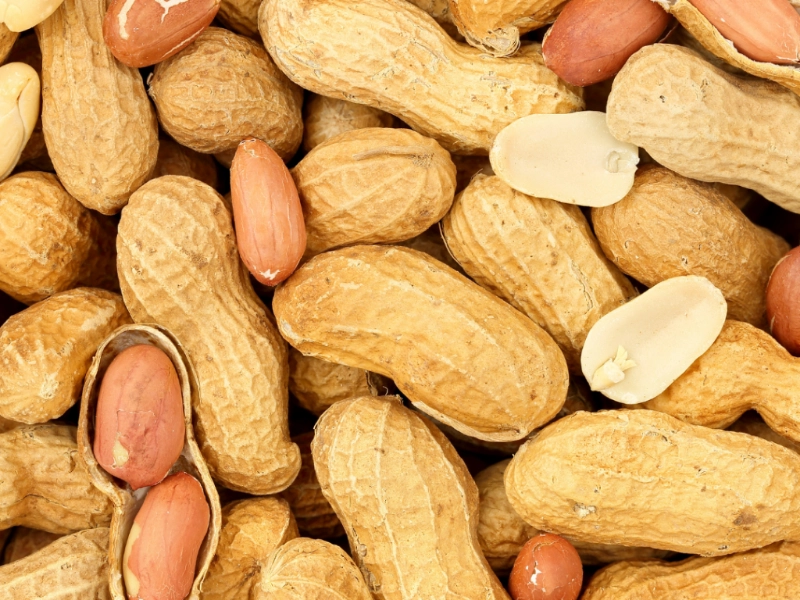 Nuts are a culinary chameleon; they enhance savoury and sweet recipes with a delicious crunch and flavour burst. Nuts are a great source of important fats, proteins, vitamins, and minerals for a balanced diet.
Protein, potassium, folate, thiamine, and vitamin E are all abundant in peanuts. Roasted peanuts can be used to produce your own delectable nut butter spread or blended into a smoothie for a healthy, creamy delight. Alternatively, add toasted peanuts to a salad to give it a little extra flavour.
Cashews offer richness, sweetness, and a creamy texture to sauces and curries. Try them in a delicious vinaigrette or combined with warm, crisp veggies. Additionally, they are an excellent gluten-free substitute for wheat in cakes and biscuits. They are a great source of nutritional fibre, just as peanuts.
Nuts are a culinary chameleon; they enhance savoury and sweet recipes with a delicious crunch and flavour burst. Nuts are a great source of important fats, proteins, vitamins, and minerals for a balanced diet.
Protein, potassium, folate, thiamine, and vitamin E are all abundant in peanuts. Roasted peanuts can be used to produce your own delectable nut butter spread or blended into a smoothie for a healthy, creamy delight. Alternatively, add toasted peanuts to a salad to give it a little extra flavour.
Cashews offer richness, sweetness, and a creamy texture to sauces and curries. Try them in a delicious vinaigrette or combined with warm, crisp veggies. Additionally, they are an excellent gluten-free substitute for wheat in cakes and biscuits. They are a great source of nutritional fibre, just as peanuts.




